(ECNS) -- The Búzios Phase 7 project, one of the world's largest deepwater oilfields and partially owned by China National Offshore Oil Corporation (CNOOC) commenced production Saturday in Rio de Janeiro, Brazil. The project marks a significant achievement in strengthening cooperation between China and Brazil.
Located in the Santos Basin in southeastern Brazil, the Búzios Phase 7 project employs a “floating production, storage, and offloading (FPSO) unit along with underwater production system” for full scale offshore development.
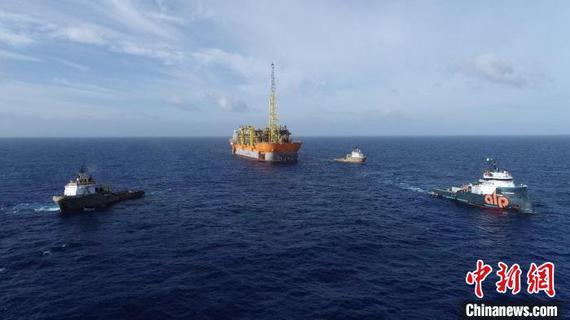
The project covers a working water depth of 2,000 meters, including seven production wells, six water-alternating-gas injection wells, one production-injection well conversion, and one gas injection well.
The FPSO has a crude oil production capacity of 225,000 barrels per day and a natural gas processing capacity of 12 million cubic meters per day.
CNOOC Chairman Wang Dongjin stated that the commencement of production at the Búzios Phase 7 is another step in implementing the consensus between Chinese and Brazilian leaders to develop a model of solidarity, cooperation, common development, and mutual benefit.
In September 2021, the CNOOC acquired a 5 percent stake in the Búzios project under the Production Sharing Contract (PSC). In December 2022, it completed an additional 5 percent stake acquisition. Now it has a 7.34 percent equity interest in the integrated oilfield development project.
In November 2024, the CNOOC, in collaboration with three other parties, signed a memorandum of understanding on the joint establishment of the China-Brazil science and technology innovation center. This document was included in the list of achievements from the presidential visit.










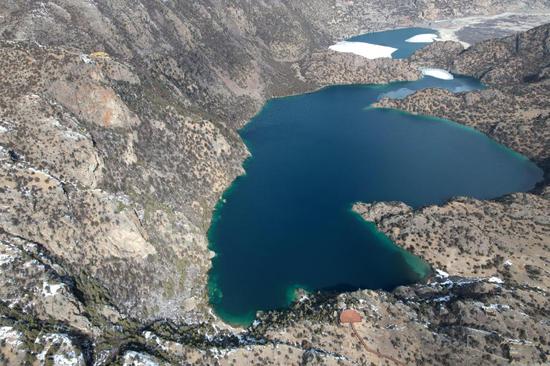
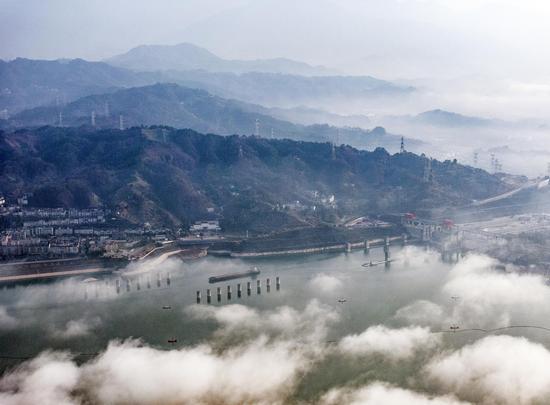





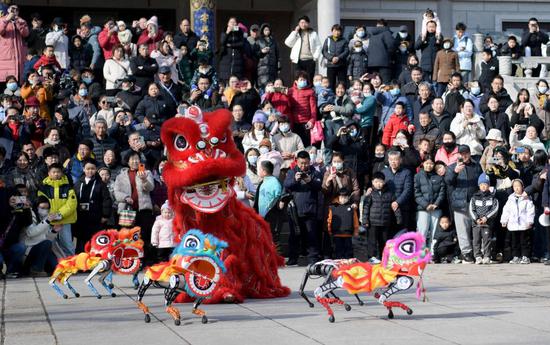










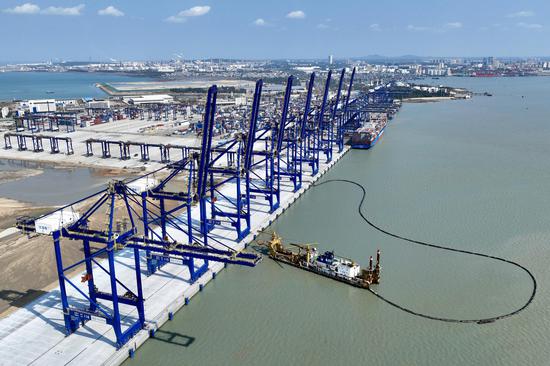



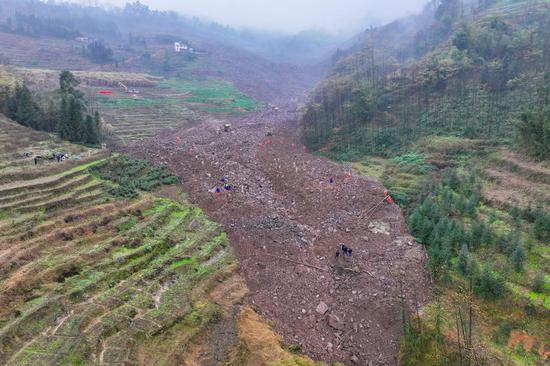


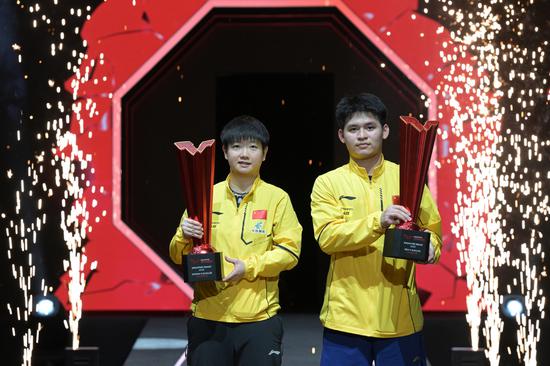














 京公网安备 11010202009201号
京公网安备 11010202009201号